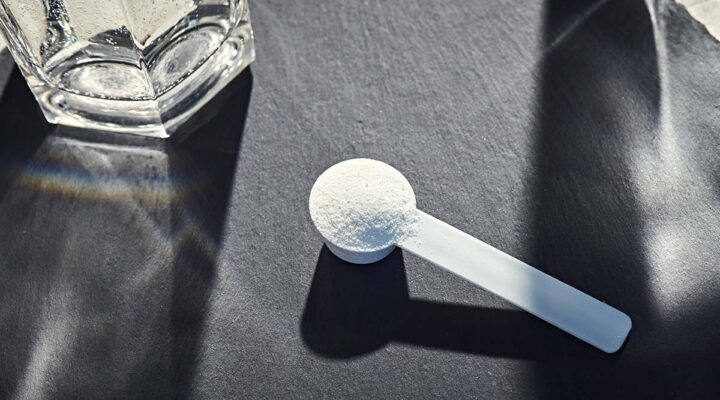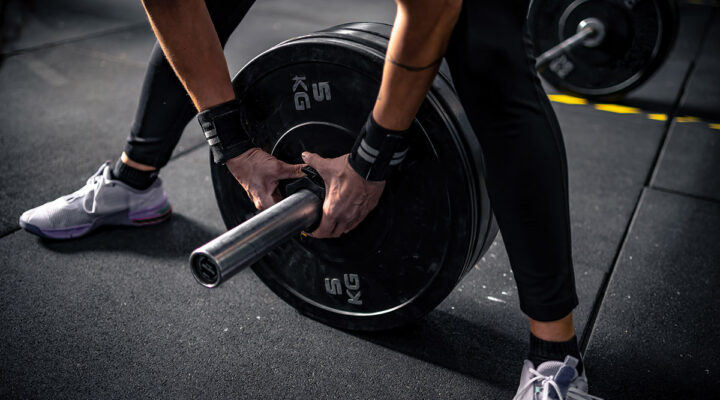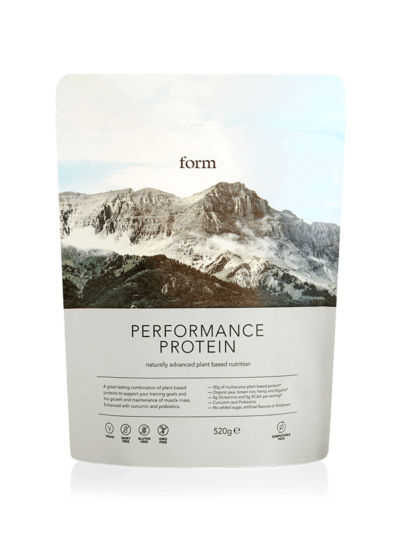Sober October: How Does Giving Up Alcohol for a Month Affect Your Fitness?
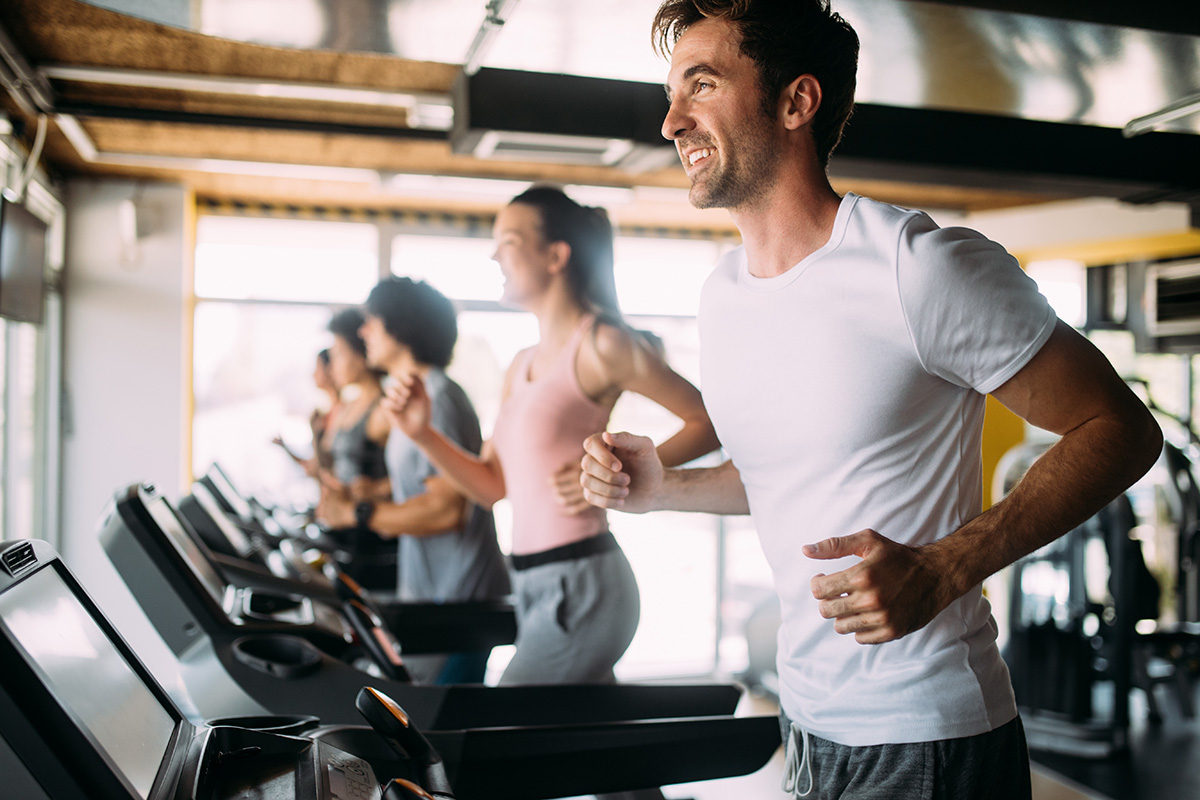
If you’re attempting a detox after a Aperol Spritz-soaked summer, you’re in good company. This year, more than 10,000 people have pledged to sign up to this year’s Sober October, a Macmillan campaign that challenges people to stop drinking for 31 days.
From clearer skin and fewer headaches and more money in the bank, the benefits of giving up alcohol are well documented. What’s less talked about? The positive impact that going booze-free can have on your gym routine.
Whether you’re training for a marathon or you’re simply looking to get back into a regular workout routine, here are a handful of reasons why quitting drinking for a month can supercharge your fitness.
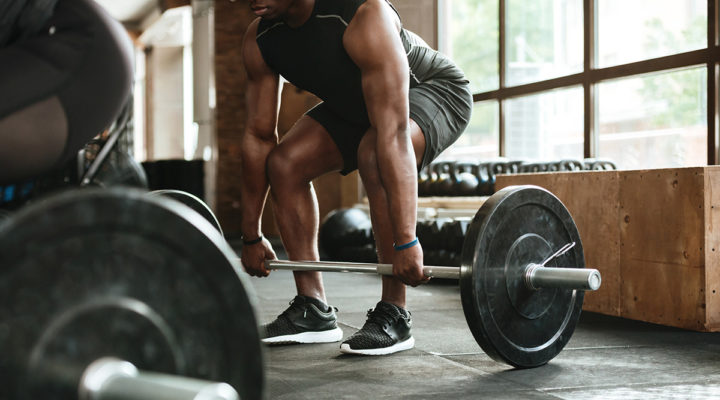
Better recovery
If you’re strength training to build muscle, you’re less likely to see noticeable changes to your body if you’re drinking regularly.
Even when you push through a heavy weights session hungover, alcohol can seriously affect sleep, which is where all the gains are secretly made. Just before we fall into a deep sleep, our body produces HGH, the human growth hormone which increases the growth of muscle tissue after a training session.
“REM (rapid eye movement) sleep is the deepest stage of sleep and is important for brain development, muscle growth and memory consolidation,” explains Dr Luke Pratsides, lead GP at Numan. “A heavy night of drinking disrupts this stage of the cycle,” he continues, which can leave us with more tiredness and muscle fatigue the next day – no matter how long we stay in bed.
Better immunity
If you’re guilty of cracking open a bottle of wine to de-stress in the evenings, you might notice that you catch seasonal colds, flus and other illnesses more often.
“Long-term alcohol abuse can dampen the immune system and reduce the body’s ability to heal and fight infection,” explains Pratsides. As well as putting you at higher risk of getting ill, a 2015 study also found that regular drinking can make coughs and colds linger for longer.
In short? Ditch the booze and you’ll notice fewer sick days recovering in bed.
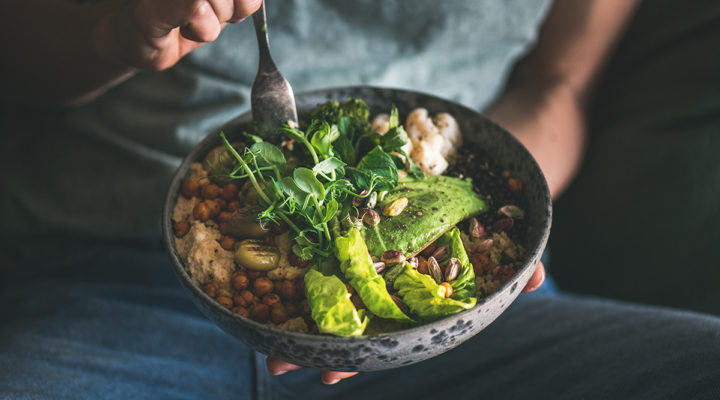
Healthier food choices
After a heavy night of drinking comes the inevitable cravings for a greasy breakfast or a midday burger and fries. This happens because alcohol lowers your blood sugar, causing you to seek out fat, sugar and carbs – the most efficient way for the body to get the calories it needs.
“Giving up alcohol should make it easier to make healthy food choices,” assures Pratisdes. “It should also mean you are more likely to be motivated to exercise – especially if you’re sleeping better too.”
Better weight loss
Alcohol is known for containing a lot of empty calories. “A standard 175ml glass of wine contains 133 calories, while a pint of 5% ABV beer contains 239 calories – about the same as a Mars bar,” says Dr. Harriet Bradley, medical director at the digital healthcare provider Livi.
Stopping alcohol for a few weeks can kickstart weight loss and help you to see better results if losing weight to a healthy BMI is one of your key winter goals.
Better hydration
Alcohol is a diuretic, meaning that if you don’t drink enough water between ordering at the bar, you can quickly become dehydrated. “This is because alcohol causes your body to remove fluids from your blood through your renal system at a much quicker rate than other liquids,” explains Bradley.
Dehydration spells bad news for your heavier workouts as it affects your body’s ability to regulate heat. This causes your core temperature to rise and your heart to beat faster, making you fatigue more quickly.
“In the first week of giving up alcohol, and as long as you drink plenty of water, you should see improved hydration levels – meaning fewer headaches, more energy and better physical performance,” says Pratsides.
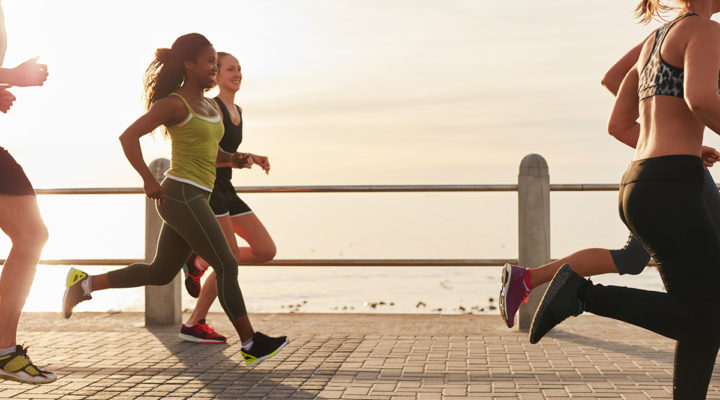
Better motivation
When you wake up in the morning with a dry mouth and a foggy head, the last thing you likely want to do is lace on your trainers and get out for a long run. While one missed session won’t do you any harm, regular hangovers can seriously impact your motivation to work out.
As a reminder, being physically active is one of the most important things we can do for our health, as it protects our brain, reduces the risk of disease, strengthens bones and muscles, and boosts our mental health.
“Alcohol is a depressant, meaning that it impacts the brain’s balance of chemicals and processes,” says Pratsides. “This in turn can alter drinkers’ thoughts and feelings – and in the case of alcohol dependency, it can impact longer-term mental health as well, leading to anxiety or depression.”
Why not try giving up drinking for a month and taking on a fitness challenge instead? The benefits can be two-fold. While regular, heavy drinking interferes with chemicals in the brain that are vital for good mental health, exercise can boost them. Essentially, it’s a win-win situation.
If you are struggling with your alcohol intake, or you are finding it hard to give up, you should arrange a consultation with your GP, who will be able to recommend further support.





